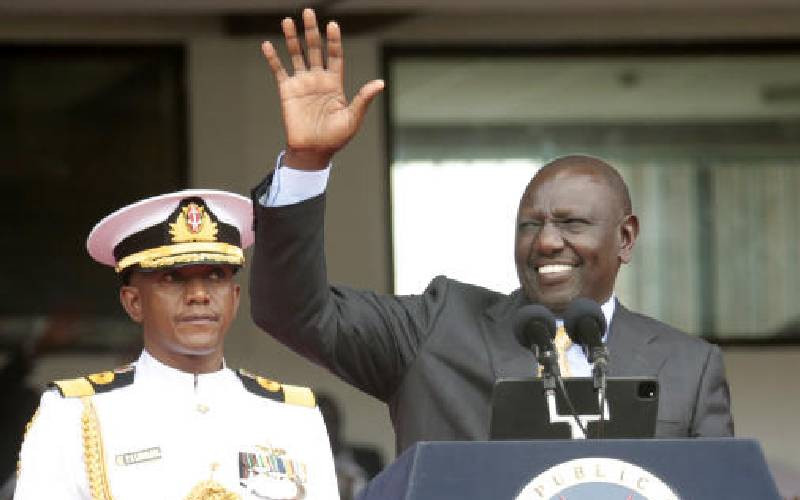×
The Standard e-Paper
Home To Bold Columnists

President William Ruto is not revered by the mainstream governance and human rights civil society groups and in equal measure, he is thought not to venerate them. Their relationship has been frosty.
Their differences have been premised mainly on ideological positions taken on different national issues. It is safe to say their differences are not personal but political and professionally rational.







